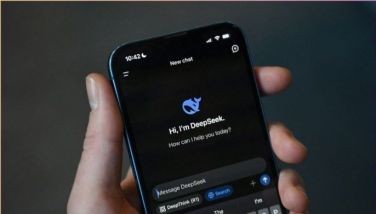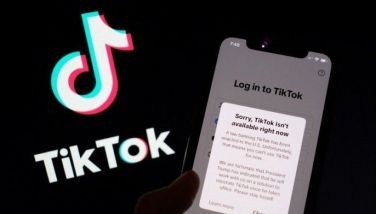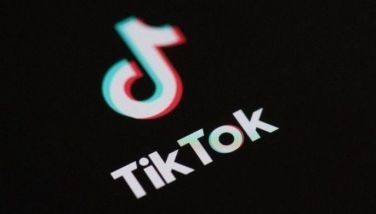Are texting and Facebook worse for teens than TV?
NEW YORK — Let’s face it: Teenagers spend hours texting, socializing on Facebook and playing video games. And it’s driving their parents nuts.
Sure, there are real dangers associated with all this screen time — everything from cyberbullying to couch-potato obesity. Not to mention driving while texting, shortened attention spans and Internet porn.
But many of today’s parents spent hours as kids sitting in front of screens, too — only they were TV screens.
Which raises an interesting question: Is Facebook really worse for teenagers’ brains than the mindless reruns of “Gilligan’s Island” and “The Brady Bunch” that their parents consumed growing up?
Douglas Gentile, a child psychologist and associate professor at Iowa State University in Ames, Iowa, who studies the effects of media on children, says texting, Facebook and video games are not inherently bad. Nor are they inherently better or worse than watching TV, although they do pose different risks, such as cyberbullying.
But research has shown that the more time kids spend in front of screens — whether it’s TV or instant messaging — the worse their school performance.
“That doesn’t mean it’s true for every kid, but it makes sense, that for every hour a kid is playing video games, it’s an hour that they’re not doing homework or reading or exploring or creating,” he said.
Gentile calls this the “displacement hypothesis. If screen time is displacing doing their homework, that’s bad. But if their homework is done, well, so what?”
Gentile, who admits that his own teenager crossed the “9,000 texts in one month barrier” last summer, acknowledged that parents are struggling to adjust to a world in which kids would rather look at words on a cellphone screen than have a conversation.
“The older generation, it’s not their culture,” he said. “There is a resistance to it.”
Watching TV as a family, as mindless as that experience can be, is now regarded with nostalgia by parents. If your kid is sitting in the living room watching “American Idol,” you can plop on the sofa with them, and “it’s a shared experience,” Gentile said.
But if they’re texting or video chatting with a friend from school, “it’s a private experience. It’s like they’re whispering secrets. And we find it rude.”
Patti Rowlson, a mother of two in Everson, Washington, says this “has been a topic of discussion in our house for years now.” She and her husband started out limiting TV time when their kids were little, but “then technology crept in. Cellphones, laptop computers, iPods with Wi-Fi. We, as parents, were no longer in control of screen time because we could not even tell when they were using it.”
Recounting a struggle that will sound familiar to many parents, Rowlson said that at first, she and her husband imposed limits on tech use.
“There were battles and even groundings,” along with the confiscation of iPods, she said. “We were constantly policing and the kids were constantly getting in trouble. We were trying to fight for the old ways, and it was causing a lot of stress and tension in the family. It was ridiculous. So we loosened up. And it’s made everybody happier. We were fighting something that you can’t hold back. It’s how they communicate with their peers.”
What’s been the result? Two good kids, she said. “In the end I’m not sure if having boundaries early on helped them or made no difference at all.”
Ron Neal, who lives in West L.A., has a teenage daughter who is “tech-driven and passionate about it... I don’t know how it’s going to play out, but I don’t have this fear and dread about it.”
Neal, who admits to watching a lot of “Gilligan’s Island” growing up, added: “We had our minds numbed by TV, and maybe they’re looking at useless things on the Internet or YouTube, but I also think they’re developing a lot of skills through this technology that we could never comprehend. For my daughter, when she is home, she does have everything going — the TV, the computer, communicating with friends, and doing the homework at the same time.”
- Latest





























